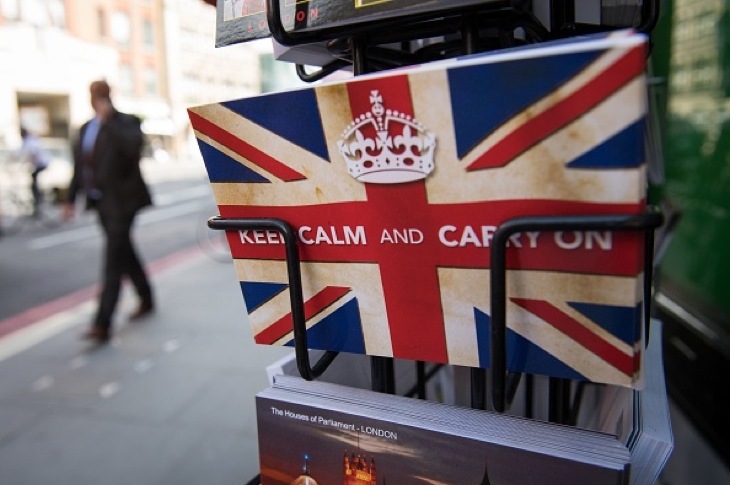Say what you like about the Tories but cutting immigration by 100,000 in a single day is impressive. To think Jeremy Corbyn says this government isn’t delivering.
Until now, official figures put the number of students overstaying their visa in the UK at 100,000. An update from the Office for National Statistics confirms critics’ suspicions that that total was flawed. In fact, the Home Office notes, last year only three percent of foreign students were unaccounted for. That means roughly 3,000 overstayed. Skim-readers and those out for a political fight have branded this a ‘blunder’ but the facts are more complex. Access to emigration data in this area has only been available since the introduction of exit checks. The ONS also acknowledges problems with the International Passenger Survey, the metric hitherto used to measure overstay numbers. These range from things as basic as students changing their plans after responding to the survey to the failure of ex-students to describe themselves as educational migrants when they leave.
This is the sort of stuff that leads to knife fights at statisticians’ conferences but doesn’t – and probably shouldn’t – get the rest of us worked up. Neither cock-up nor conspiracy, it’s an occasional reminder that, for all we employ them as a cudgel to beat our opponents, a statistic is only as sound as its methodology.
Alas, we do love a good statistic and the erroneous 100,000 number has travelled far and wide. Not only has it contributed to the government’s failure to meet its immigration targets, the perception of a border system in disarray has fuelled restrictionist attitudes towards migration. If the country had known before 23 June last year that the 100,000 figure was a mistake, could Brexit have perhaps been averted?
Spoiler alert: probably not. Statistical clarifications don’t usually set the campaign trail ablaze with excitement. Still, it would be a shame if we failed to recognise this massive flashing signpost marked ‘immigration’ and ‘lesson’ as a lesson about immigration. Public attitudes are stubborn but not fanatic and can be coaxed around slowly, something that will become apparent the further we go down the road to Brexit.
Remainers are gloating with glee — sometimes it seems like we do little else — over this statistical snafu and no wonder. Brexit is almost certainly a terrible idea but it’s not conclusively an impractical one — with plenty canniness, judicious (and judicial) compromise, a tonneload of luck, and burnt offerings to every god on the go, Britain could make a decent fist of it. However, that is dependent on adapting to new thinking. Foremost is realising the value — the necessity — of immigration to a Brexit Britain. That means scrapping the 100,000 cap, designing a migration system closely integrated with EU member states, and attracting more not fewer foreign students. The UK’s economic wellbeing, its public services, its universities’ position as world leaders in research and teaching — all of these make a liberal immigration system imperative.
For Brexit to be politically and economically sustainable, it will have to be attuned to the preferences of many Remain voters. Borders will have to be secure but not strangled, cooperation and even integration with European practices and institutions prioritised, and while working to address the skills shortage domestically incentives to recruit migrants to key industries will be essential.
Now is as good a time as any for Brexiteers to confront these questions because they are coming down the line. Brexit is not Armageddon but nor is it a red, white and blue utopia. It is a resumption of full sovereignty and all the messy fixes that entails — no more throwing hands up and muttering about Brussels. Taking back control means owning what happens even if, as will likely be the case with immigration, Brexiteers find themselves cornered into a lot of things they thought they had voted against last June.







Comments